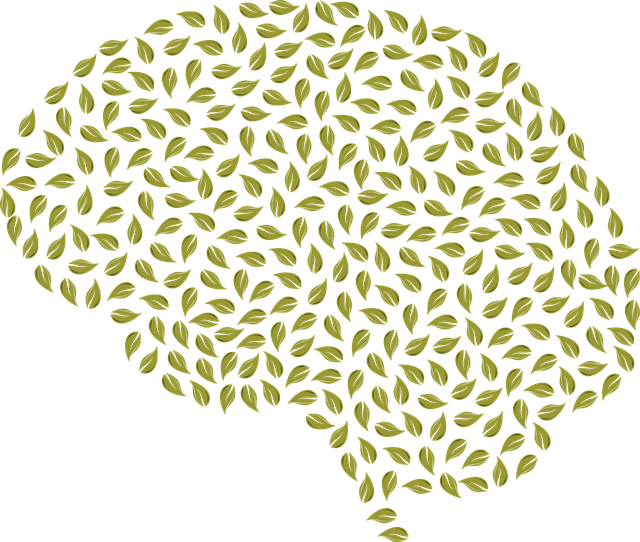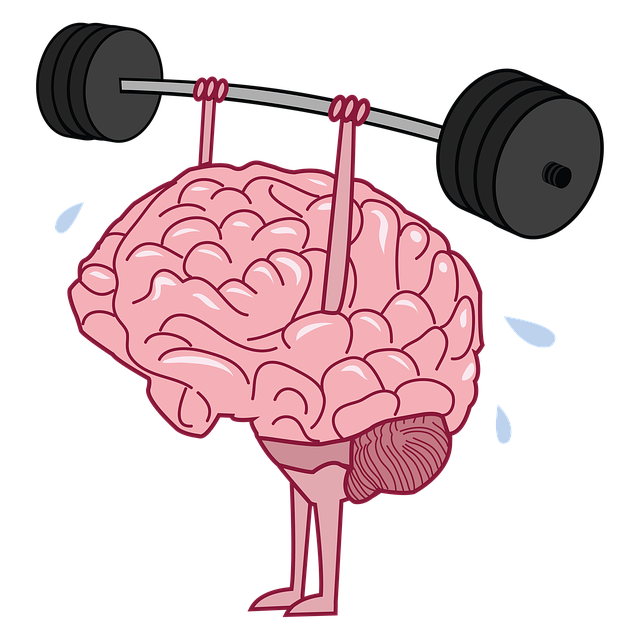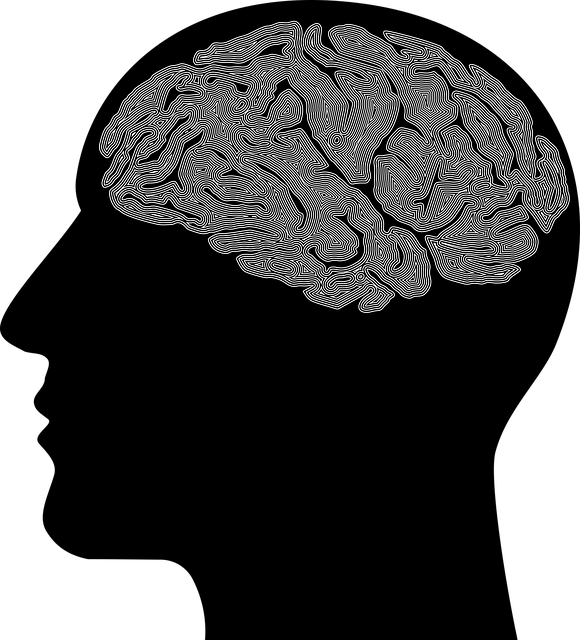Mental health challenges in high-stress professions like healthcare demand targeted interventions. Arvada Cognitive Processing Therapy (ACPT) emerges as a powerful tool for burnout prevention, treating trauma and anxiety disorders. A comprehensive mental health education program integrating evidence-based practices, expert involvement, interactive learning, diverse styles, and continuous evaluation can significantly enhance the well-being of healthcare professionals and improve patient care quality. Key strategies include cultural competency expansion and leveraging techniques like Mind Over Matter and Mindfulness Meditation.
Mental health education programs play a pivotal role in fostering well-being and resilience. This article explores an effective program design, leveraging evidence-based practices like Arvada Cognitive Processing Therapy (ACPT) to address prevalent mental health challenges. We delve into crucial components, strategic implementation, and evaluation methods that ensure success and continuous improvement. By integrating ACPT principles, educators can create supportive environments, promote coping skills, and enhance overall mental health outcomes.
- Understanding Mental Health Challenges and the Role of Arvada Cognitive Processing Therapy (ACPT)
- Designing an Effective Education Program: Key Components and Strategies
- Implementation and Evaluation: Ensuring Success and Continuous Improvement
Understanding Mental Health Challenges and the Role of Arvada Cognitive Processing Therapy (ACPT)

Understanding Mental Health Challenges is a foundational step in designing effective education programs. In today’s fast-paced and demanding world, various factors contribute to mental health issues, from stress and anxiety to more severe conditions like depression and PTSD. These challenges are particularly prevalent among healthcare providers, who often face long working hours, high-pressure environments, and constant exposure to traumatic events, making them vulnerable to burnout.
Arvada Cognitive Processing Therapy (ACPT) offers a promising approach to address these concerns. By focusing on cognitive restructuring and processing traumatic experiences, ACPT aids individuals in reframing negative thought patterns and developing healthier coping mechanisms. This evidence-based therapy has shown significant effectiveness in treating trauma and anxiety disorders, making it an invaluable tool within the context of Burnout Prevention Strategies for Healthcare Providers. Incorporating Trauma Support Services and promoting mental health through advocacy and policy analysis can further enhance the overall well-being of healthcare professionals and, by extension, the quality of patient care.
Designing an Effective Education Program: Key Components and Strategies

When designing an effective mental health education program, such as those incorporating Arvada Cognitive Processing Therapy (ACPT), a multifaceted approach is key. The program should begin with comprehensive research to identify the specific mental health concerns within the target population and tailor content accordingly. Engaging experts in the field, including therapists and educators, ensures that the curriculum aligns with evidence-based practices like ACPT, offering participants actionable strategies for managing their mental wellness.
Incorporating interactive elements is vital. This could involve group discussions, workshops focused on stress management techniques, or even a Mental Wellness Podcast Series Production to cater to diverse learning styles. Public Awareness Campaigns Development can also bolster the program’s impact by disseminating information and challenging stigma through engaging media and community outreach. Regular evaluation and feedback mechanisms are essential to gauge the program’s effectiveness and make necessary adjustments in light of participant experiences and outcomes.
Implementation and Evaluation: Ensuring Success and Continuous Improvement

Implementing a mental health education program requires careful planning and ongoing evaluation to ensure its success and foster continuous improvement. This process involves several key steps. Firstly, designing the curriculum with input from experts in mental health, such as Arvada Cognitive Processing Therapy practitioners, ensures that the content is evidence-based and relevant. Incorporating Mind Over Matter principles and Mindfulness Meditation techniques can empower participants to manage their well-being effectively.
Evaluation should be a multi-faceted approach, including pre and post-program assessments, feedback from participants, and observation of behavioral changes. This data provides insights into the program’s effectiveness and helps identify areas for enhancement. For instance, healthcare provider cultural competency training could be incorporated to address potential biases and improve access to care for diverse communities, thereby enhancing the overall impact and reach of the mental health education initiative.
Arvada Cognitive Processing Therapy (ACPT) offers a promising approach to tackling mental health challenges, and its integration into education programs can significantly enhance student well-being. By understanding the key components and strategies outlined in this article, educators can design effective programs that empower students with coping mechanisms and foster a supportive learning environment. Continuous evaluation and improvement are vital to ensure these programs remain relevant and beneficial, ultimately contributing to a healthier and more productive academic community.














